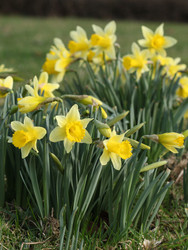The Benefits of Planting Perennial Bulbs
Dec 23, 2017
The benefits of planting perennial bulbs
Every garden needs perennials since they do not need to be replaced as often as spring, summer or annual plants in general. Flowering bulb perennials can store energy from season to season. They are self-sufficient and can use their reserves of food as they develop roots, and eventually leaves and flowers to grow into healthy, beautiful ground covers and plants for park embellishments, private homes, window sills, and balconies. Some perennials are cut and put into flower arrangements.
The best thing about planting perennial bulbs is that they will grow year-after-year without much-needed care and fuss. Ideal soil or weather conditions are not a must for them, as almost all plants survive and go onto producing flowering plants and vegetation that is at the same time decorative with low maintenance.
Some perennials live three or four years and have a short lifespan, although their bulbs may last a long time. They do well in areas where there are mulch and grass, but the bulbs for Peonies, for example, have a long life and can also grow for fifteen or more years, although their blooming period may be short-lived. Almost all types of perennials, however, are easy to care for and their performance is guaranteed once their bulb is rooted.
It's important to learn about the growth and blooming habits of these plants, to invest in those that would perform and thrive best in your garden. The bulbs are packaged and ready to be planted, either in a pot or on the grounds of a garden or park. They will also grow well next to shrubs and under the shade of most trees.
Poppies are hardy perennials, and the bulbs are drought tolerant and easy to grow, although they prefer being planted in a well-drained soil environment. They have colorful flowers in the late Spring and into the summer.
Day-Lilies give out beautiful summer blooms; The bulbs can live in drought conditions and do quite well. They are also low-maintenance plants that can live well in harsh conditions. Hybrid Lily perennials need to be cut back in the middle of the summer without removing their foliage.
Fall planted bulbs that do well under the sun, such as the Louisiana Iris, a native of the southeast, are hardy and can survive in damp locations. They bloom in the earlier part of the summer in many garden settings.
The Veronica is a perennial with cluster-like pink, blue or white flowers. The bulb will do well in soil that is not too wet. With full sun exposure, the plant will grow to cover a large area of any field or garden.
If planted in the Spring, Lilies and Dahlia bulbs will flower in the summer. Tulips and Daffodil bulbs should be planted in the fall, as they will bloom in the Spring.
Bulbs are inexpensive and an excellent way to do the planting as much as possible, yourself instead of hiring a gardener. In all cases, make sure the perennial bulbs you select are large and high-quality bulbs, to begin with, to ensure blooming colorful flowering plants. Planting of flower bulbs is inexpensive and a simple way to add a little color to your green garden.

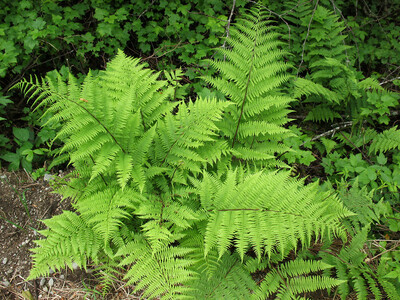 Native Ferns
Native Ferns
 Native Mosses
Native Mosses
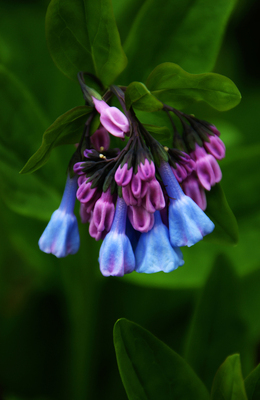 Native Perennials
Native Perennials
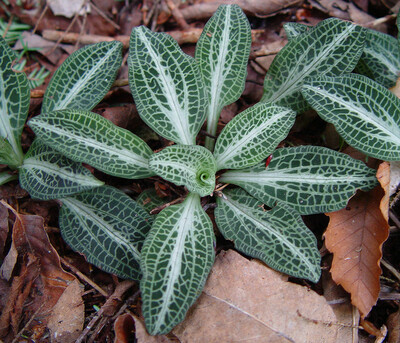 Native Ground Covers
Native Ground Covers
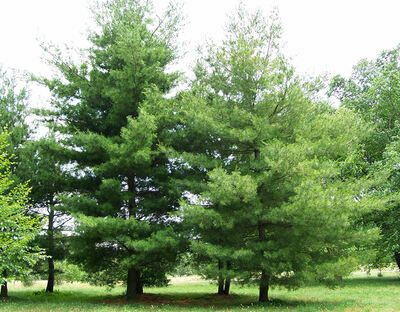 Native Trees
Native Trees
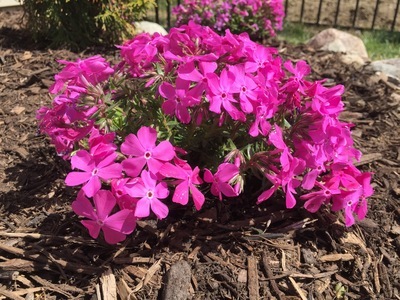 Shop By Zone
Shop By Zone
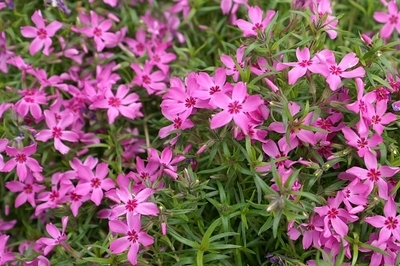 Flowering Groundcovers
Flowering Groundcovers
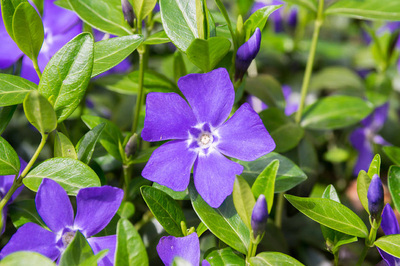 Evergreen Groundcovers
Evergreen Groundcovers
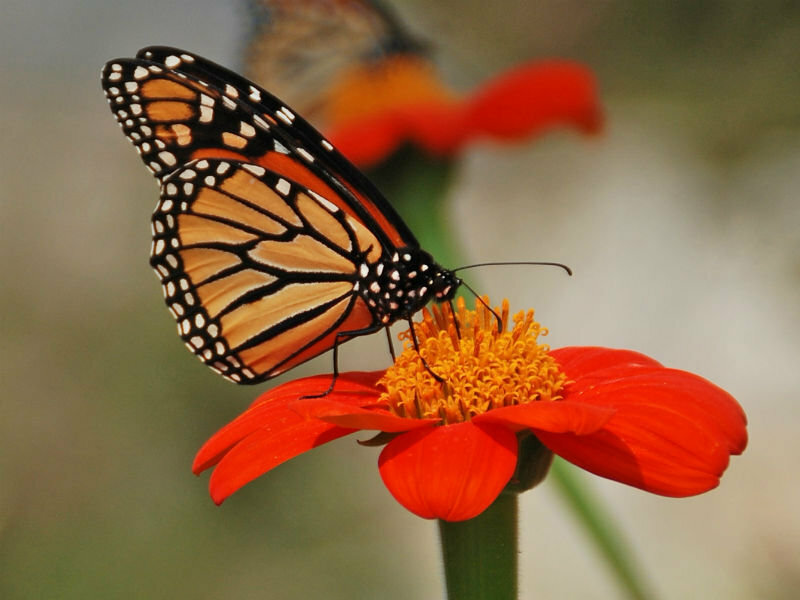 Pollinators
Pollinators
 Shop Bloom Color
Shop Bloom Color
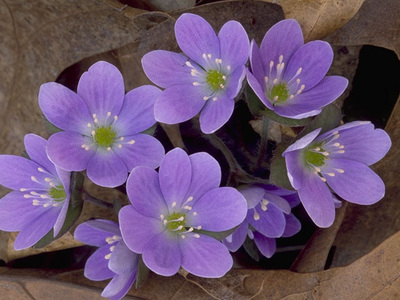 Perennials By Zone
Perennials By Zone
 Medicinal Herb Plants
Medicinal Herb Plants
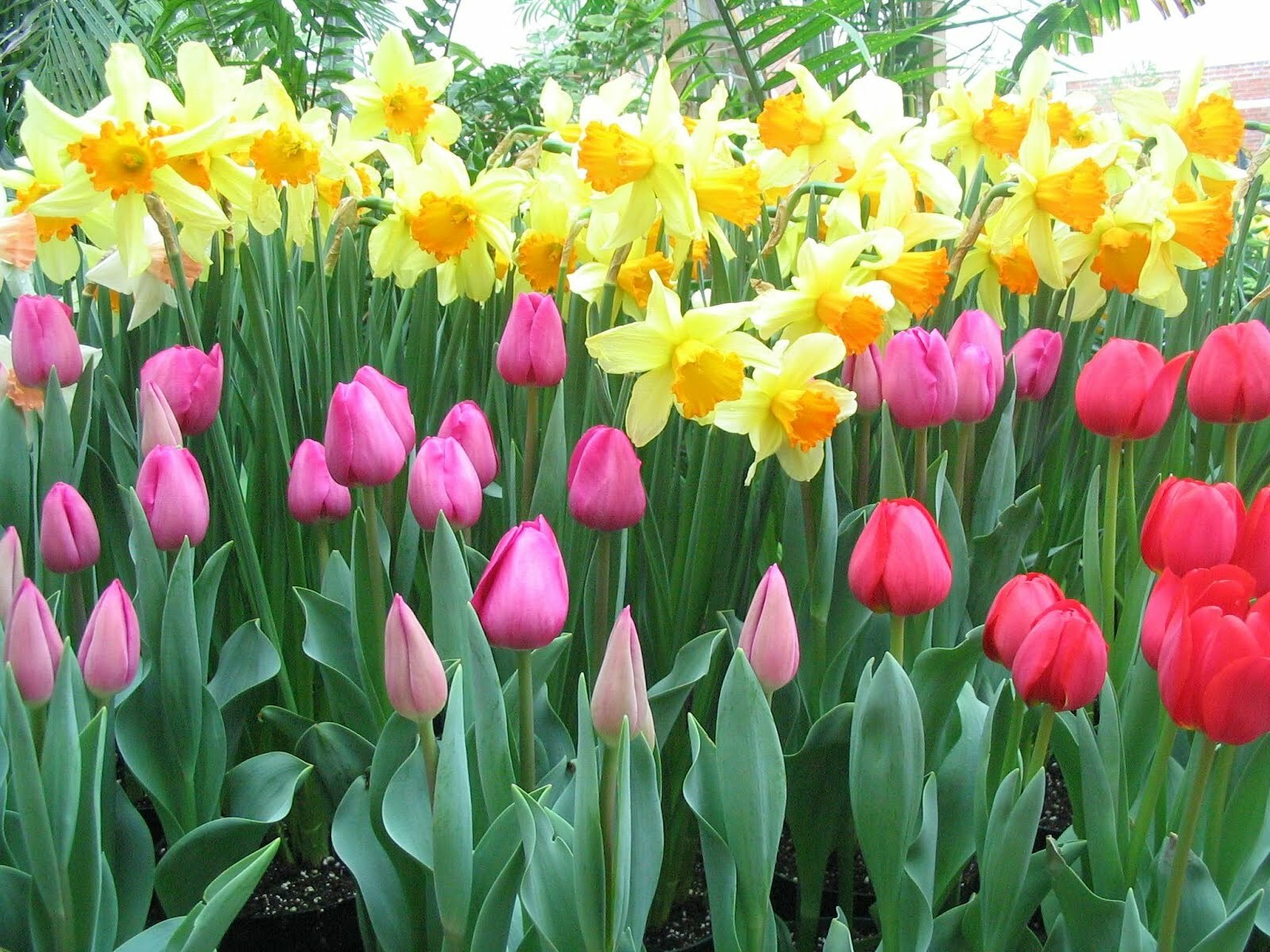 Spring Bulbs
Spring Bulbs
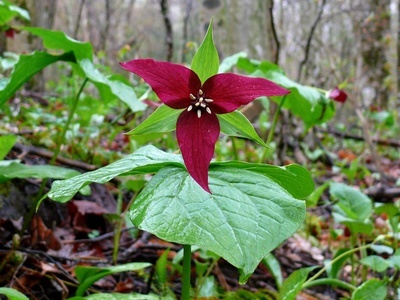 Trillium
Trillium
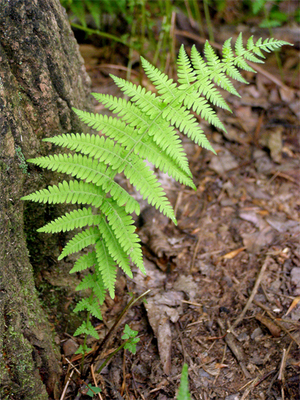 Ferns for Zone 3
Ferns for Zone 3
 Ferns for Zone 4
Ferns for Zone 4
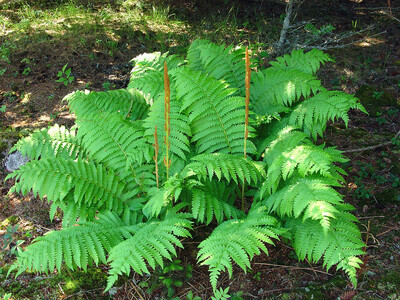 Ferns for Zone 5
Ferns for Zone 5
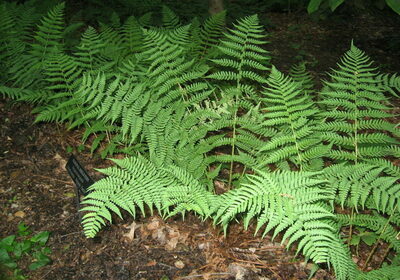 Ferns for Zone 6
Ferns for Zone 6
 Ferns for Zone 7
Ferns for Zone 7
 Ferns for Zone 8
Ferns for Zone 8
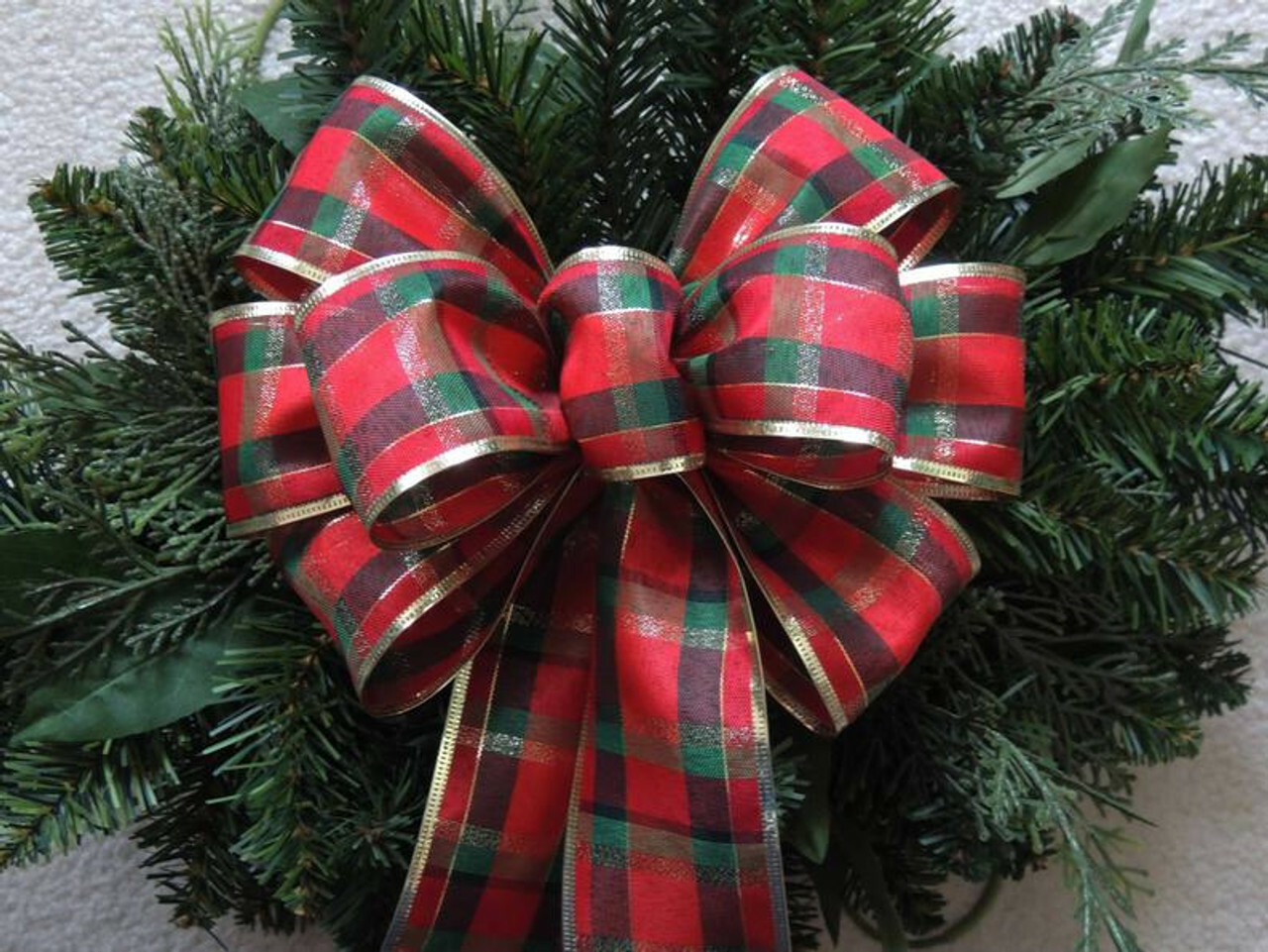 Christmas bows
Christmas bows
 Fresh Wreaths
Fresh Wreaths
 Garlands
Garlands
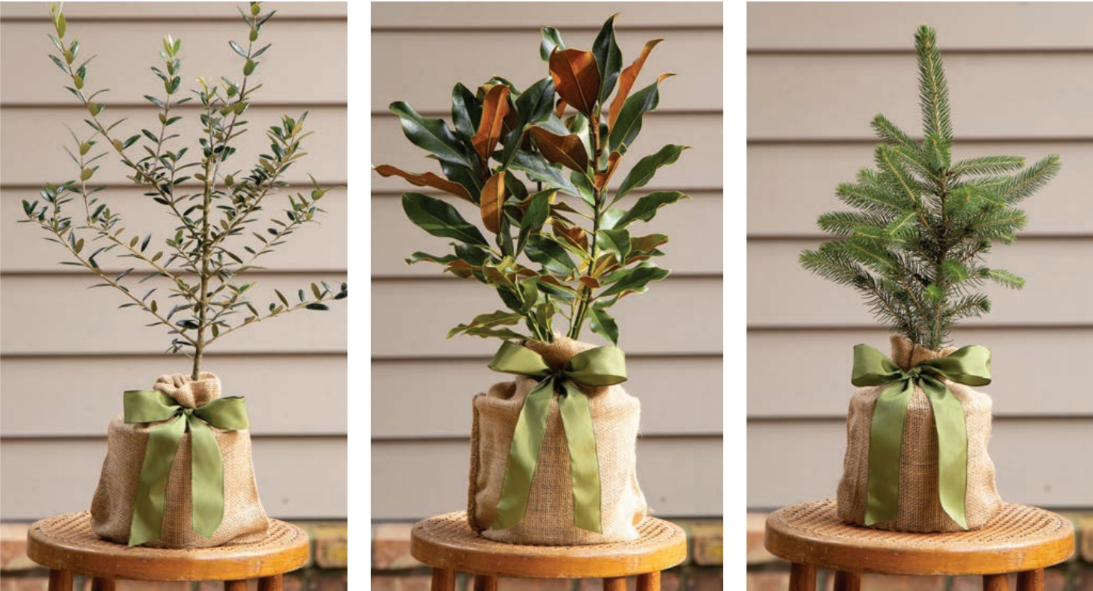 Holiday Gift Trees
Holiday Gift Trees
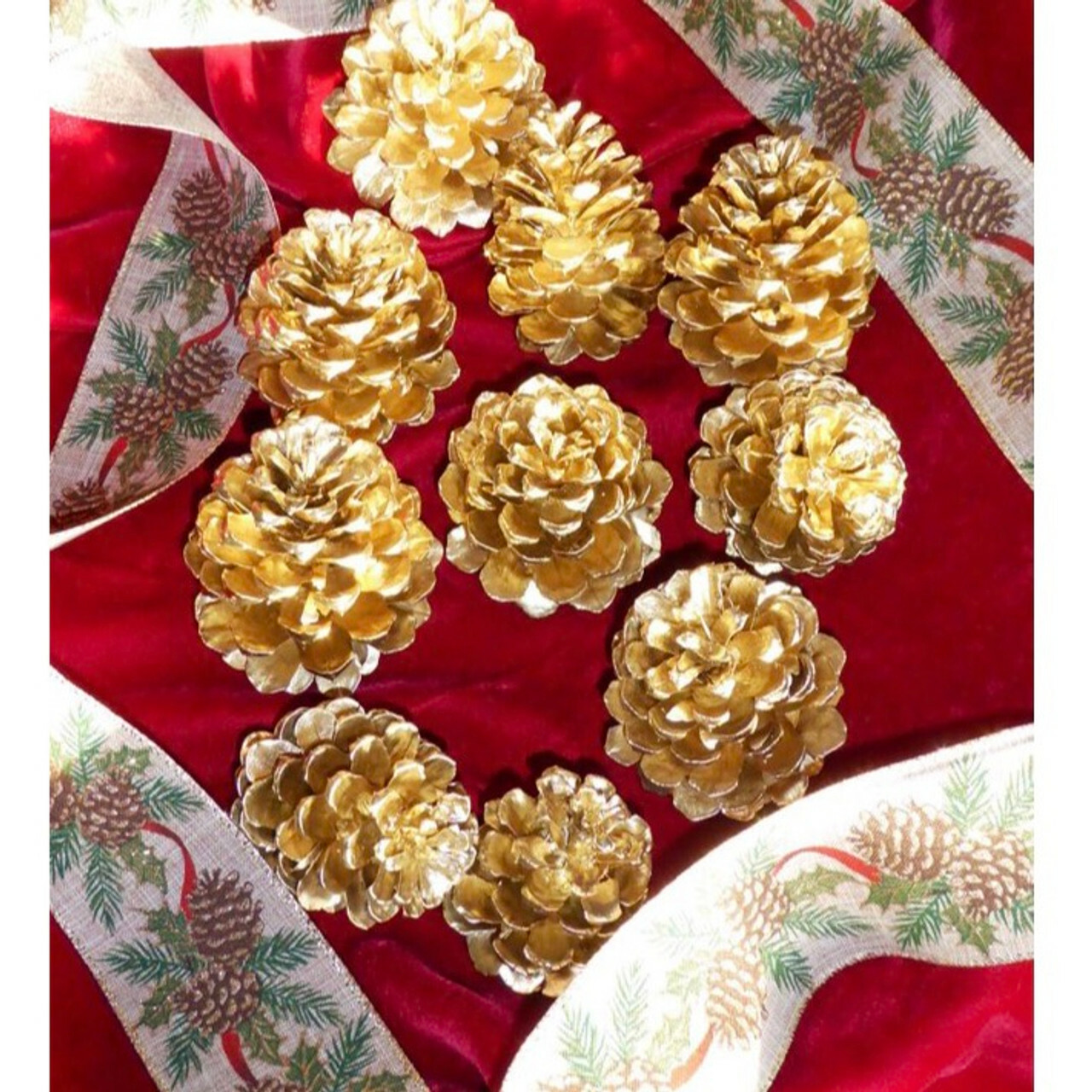 Large Pine Cones
Large Pine Cones
 Live Mistletoe
Live Mistletoe
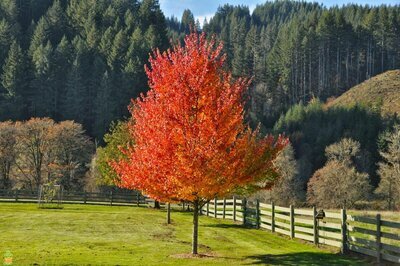 Shop Trees By Zone
Shop Trees By Zone
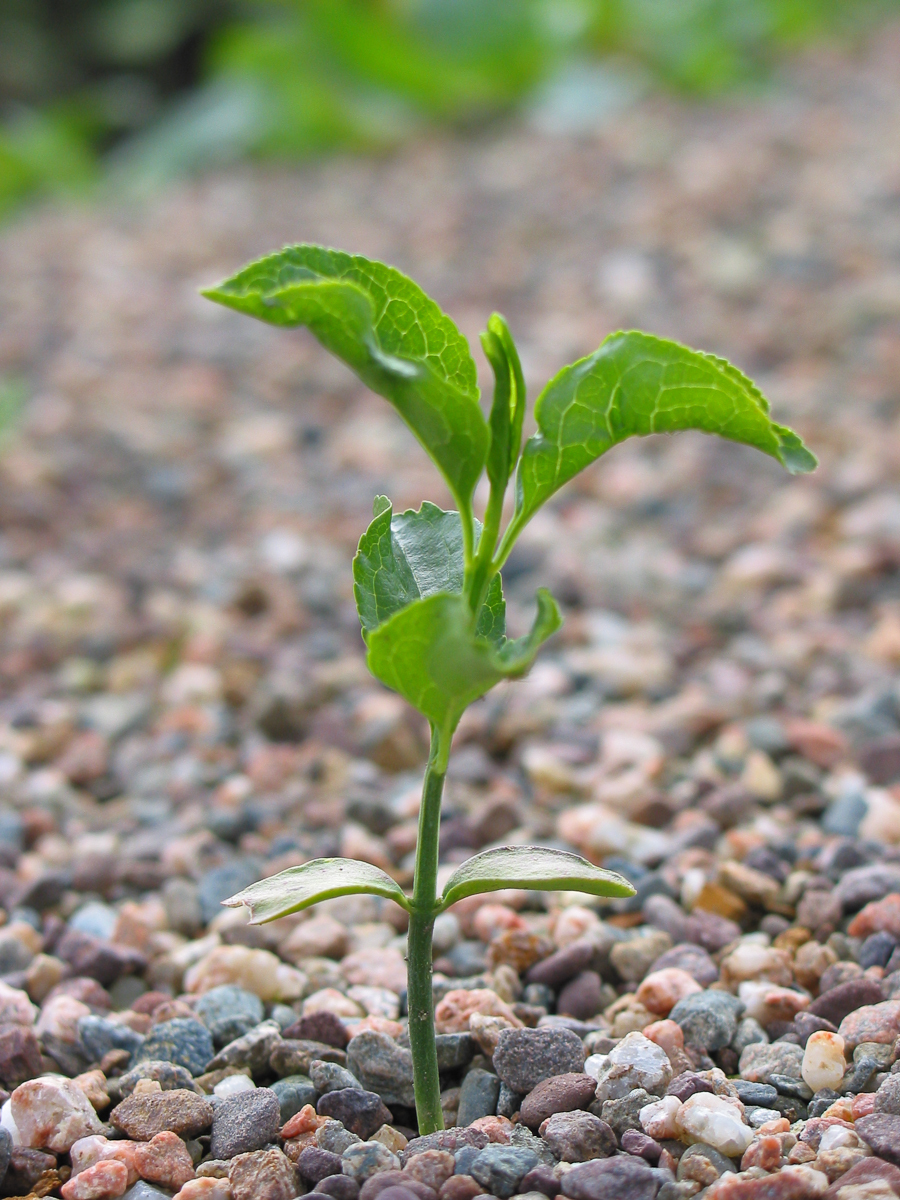 Tree Seedlings
Tree Seedlings
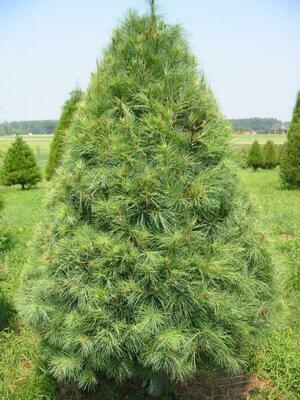 Fast Growing Trees
Fast Growing Trees
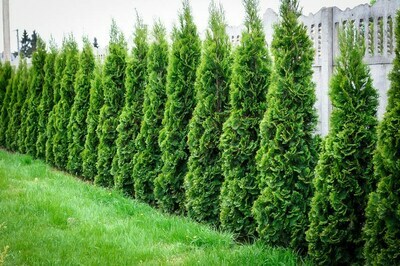 Pine Trees
Pine Trees
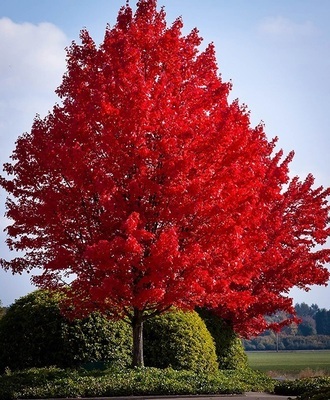 Live Stakes
Live Stakes
 Evergreens
Evergreens
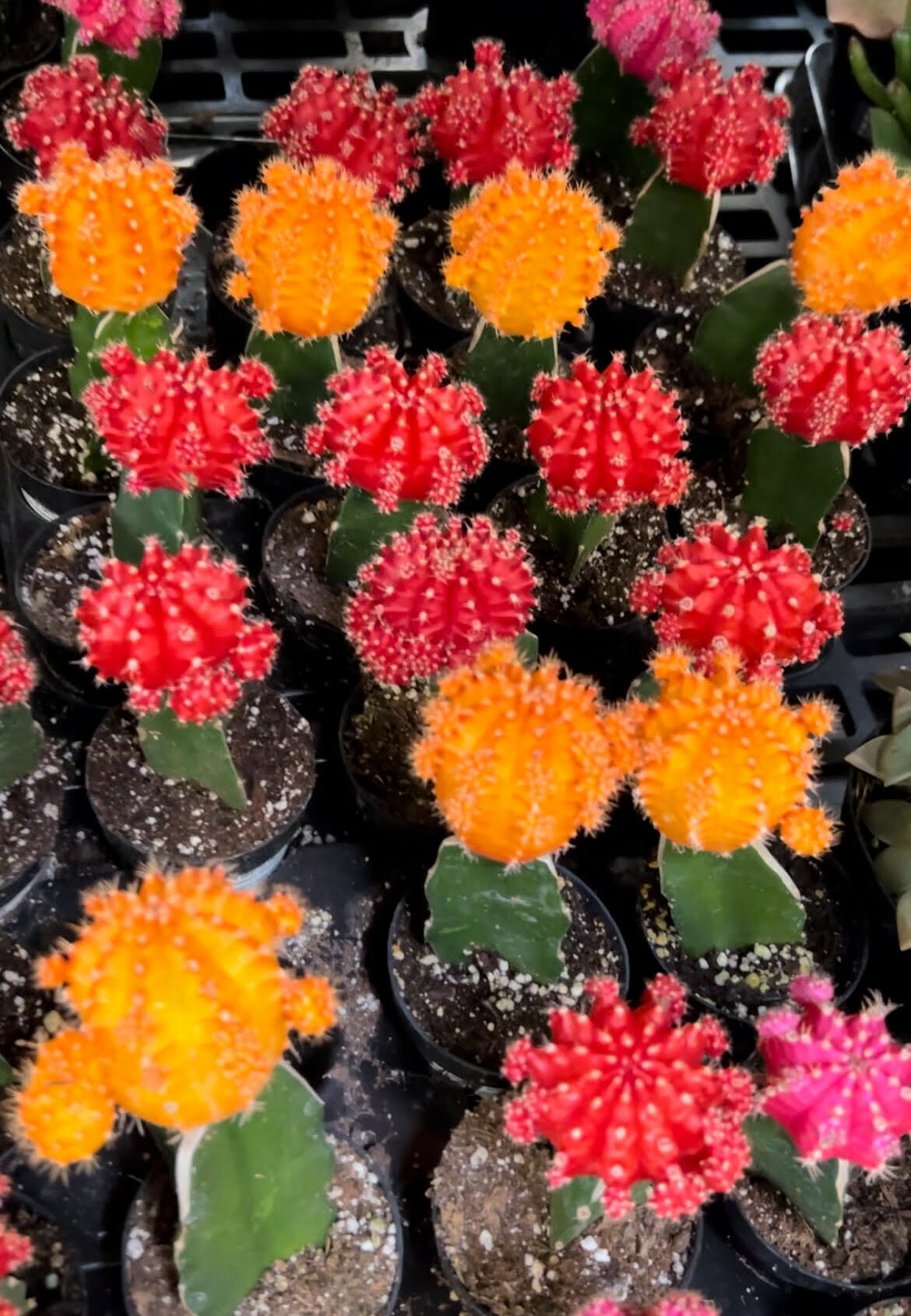 Cactus
Cactus
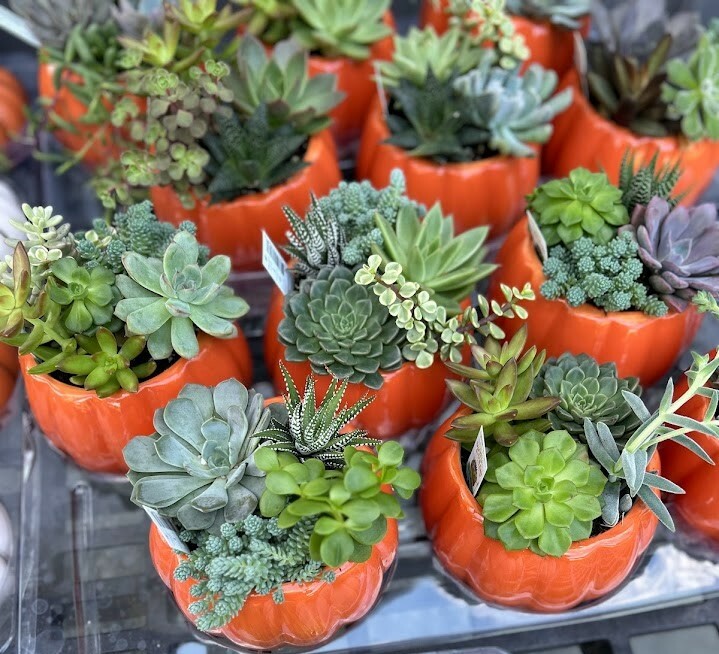 Combos
Combos
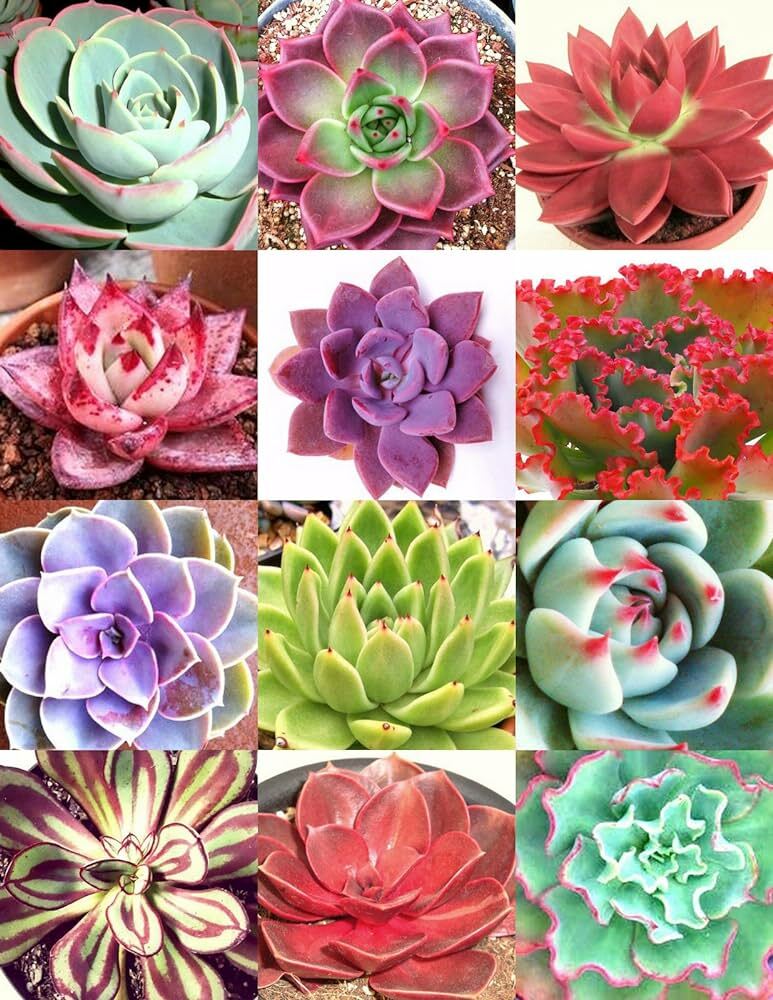 Echeveria
Echeveria
 Haworthia
Haworthia
 Sedum - Stonecrop
Sedum - Stonecrop
